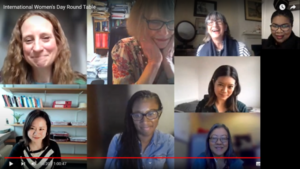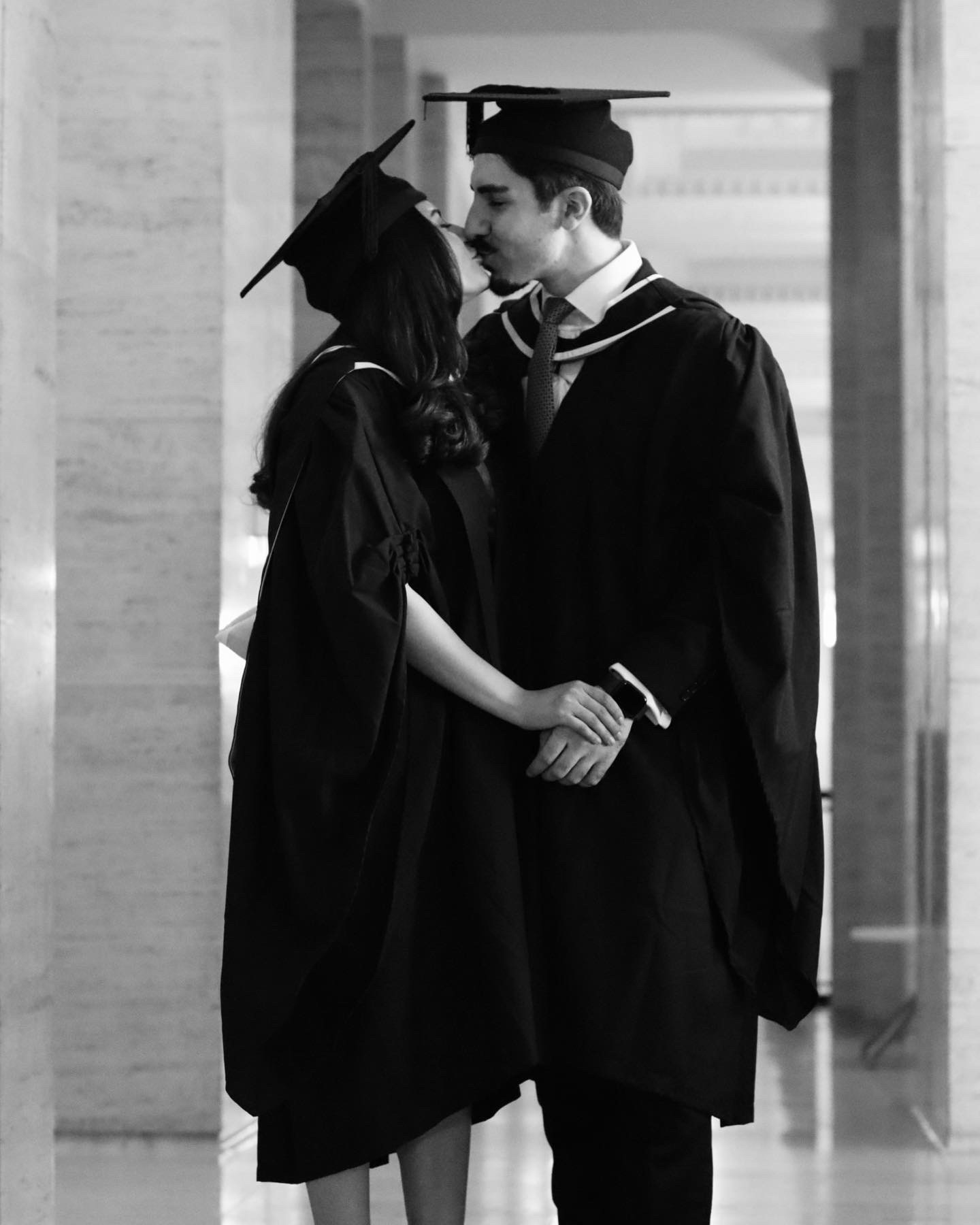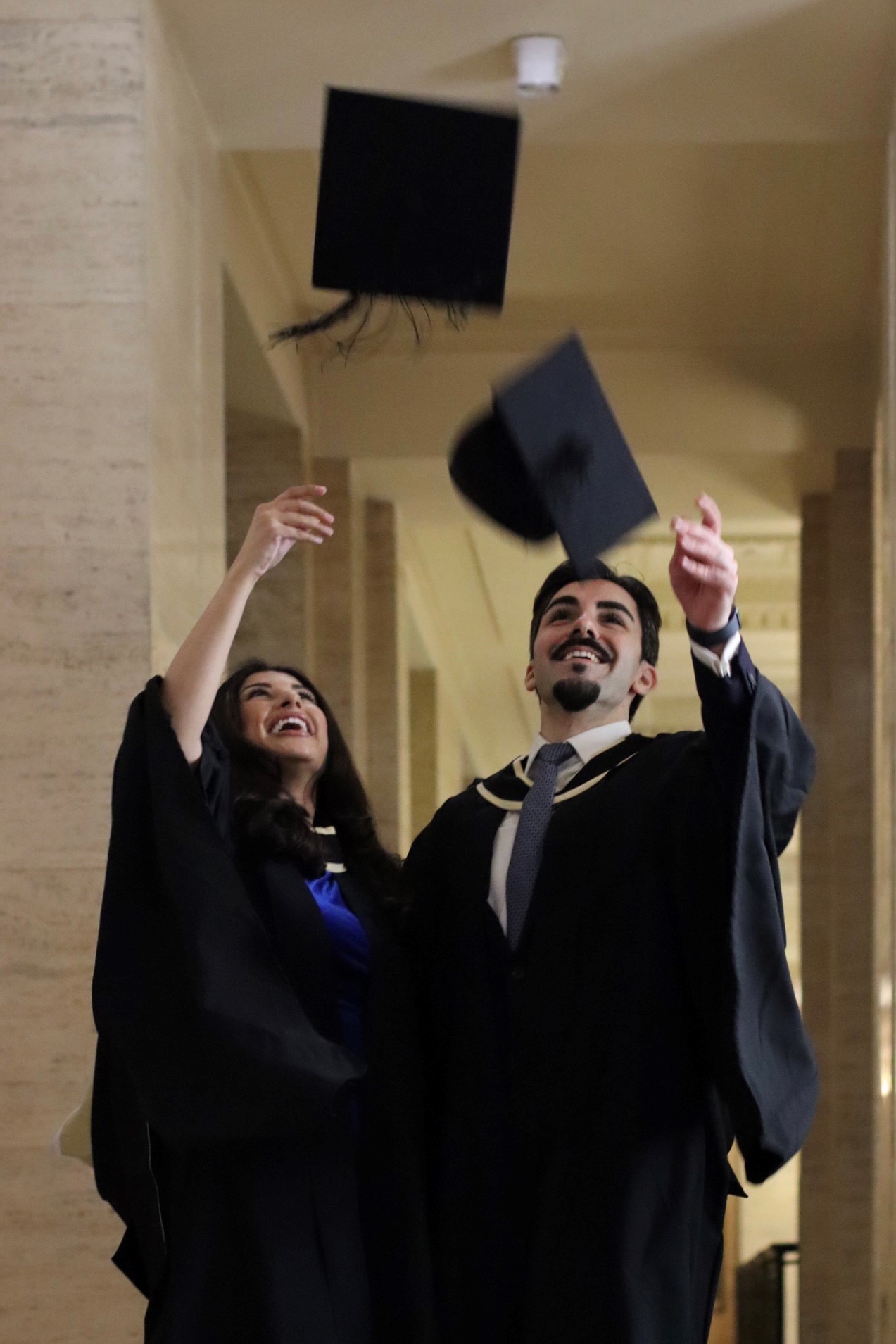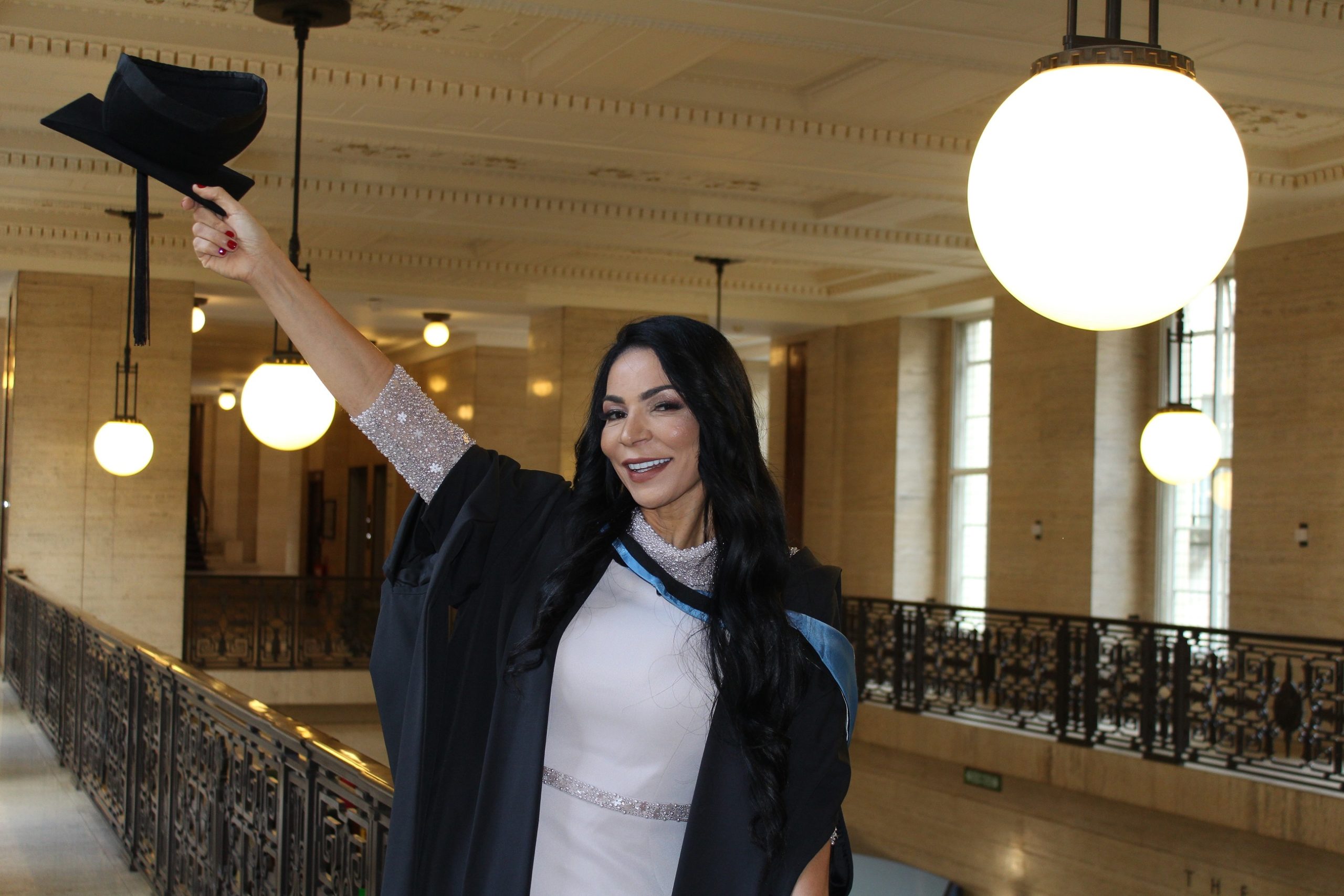Dr Pamela Yeow, Assistant Dean in the School of Business, Economics and Informatics shares her thoughts on the roundtable webinar on this year’s International Women’s Day theme, Embracing Equity.
We were joined by Nicola Bentham, Dr Uracha Chatrakul Na Ayudhya, Dr Libby Drury, Dr Wendy Hein, Dr Vanessa Iwowo, Prof Helen Lawton-Smith, Dr Tinghua Yu, and Dr Pamela Yeow, who chaired the panel discussion. We were so pleased that such an excellent collective of women’s voices came forward to share their research and engagement with the broad and inclusive themes of gender equality and sustainable development.
Equality refers to equal opportunity and suggests that the same levels of support are required for all people, regardless of difference or opportunity. On the other hand, equity goes a step further and reminds us that we are individuals and need varying levels of support to achieve goals.
It is notable that the focus of sustainable development is far broader than just the environment. The UN Sustainable Development Goals established in 2015, recognize that to protect the planet, strategies to transform our world, including ending poverty, must work together with strategies that build economic growth and address a range of societal needs including education, health, and social protection. At the core of it, sustainable development is very much about ensuring a strong, healthy and just society. Therefore, an investment in gender equity is also an investment in Earth’s future. We cannot save the planet without women.
Our panelists talked about their research, work and impact and how it was important to understand multiple perspectives about the issues around embracing equity. Importantly, there is an urgent need to acknowledge multiple identities that individuals carry around and about them, and the intersectionalities between gender, age, race, and abilities. Libby summarised it well when she says that international women’s day provides us with the opportunity to consider all types of women and how their experiences might differ for different reasons. There should not just be the focus on white, middle class, middle aged, heterosexual western women who are mothers, but also those of different ethnicities, classes, age, sexuality, parental status and those in different contexts such as cultures, work sectors and work roles. In addition to inequality between men and women, there are also many inequalities within women.
Our audience also had many questions and comments, including how we can bring the topic of gender equality and equity to audiences who are content with the status quo. Helen suggested that researchers and practitioners continue to engage in ‘engaged scholarship,’ where it involves constant and sustained interaction between researchers and practitioners in order to share best practices and ideas (Ram et al, 2012).
Furthermore, Uracha was clear that this problem requires all stakeholders at the table, not just women. As these issues are often complex, Wendy encourages all stakeholders to unpack these interactions more so as to be able to develop holistic solutions, and Tinghua felt strongly (as did several audience members) that we need men to also join in the conversations to enact change in this arena. Vanessa advocated the importance of such dedicated days, such as IWD as they open up the spaces for such conversations. However, we need to be mindful that these days do not disappear into the ether and instead, they need to find their way into our meeting agendas, our action points and into our day-to-day discursive spaces and thus be intentional. Nicola summarized it succinctly by saying we need a collective effort with all stakeholders.
Further Information:
- Watch our collection of videos featuring inspiring women from the school: BEI International Women’s Day Playlist.
- Watch the roundtable recording: International Women’s Day Round Table





